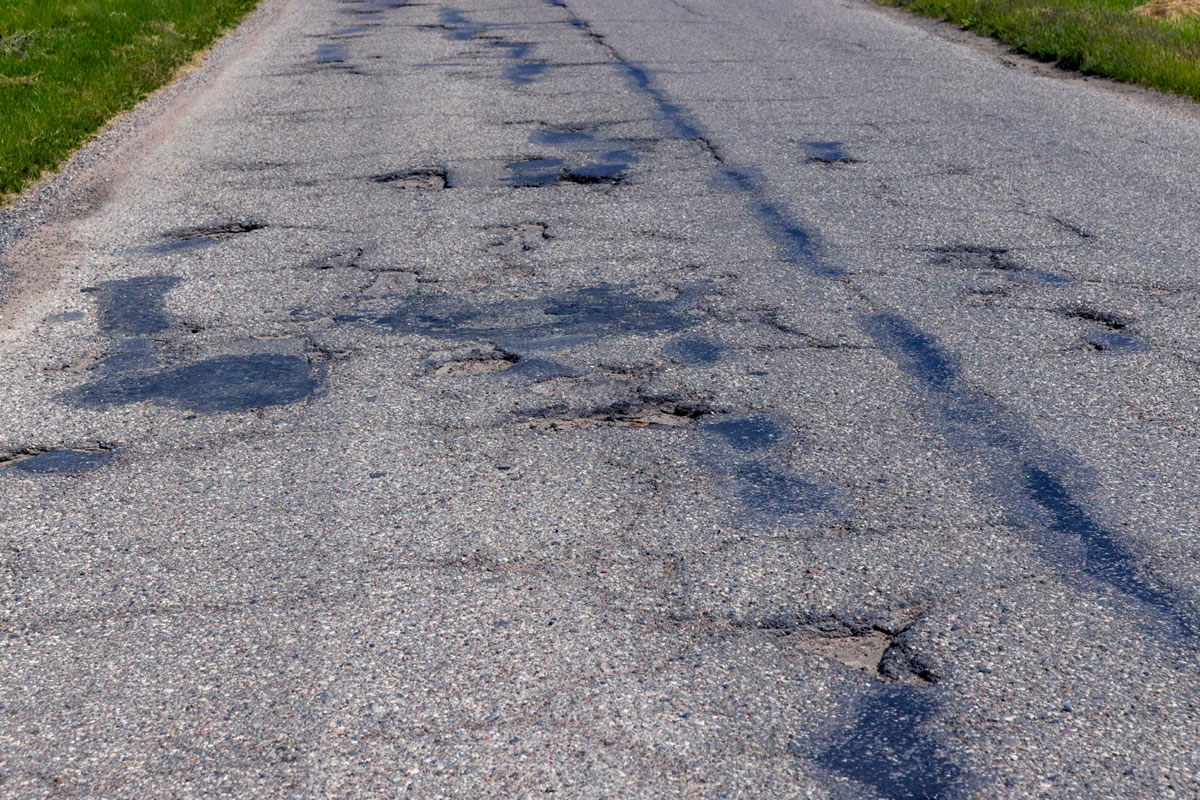
A new asphalt driveway delivers a robust and reliable surface to park your vehicles on. However, asphalt may suffer various kinds of damage without a high-quality sealcoat. These seal coats shield against the weather and elemental damages. Our experts on paving in Orlando offer the following information on how sealcoating protects your asphalt pavement.
Water is one of the most dangerous elements to your asphalt driveway. Showers, snow, hail, and other kinds of water-related weather wear down the exterior of an unprotected pavement surface. Even worse, water can also pool on your drive in low spots and provoke damage over time that compromises the integrity of your pavement.
Luckily, sealcoating creates a protective layer that water generally cannot cross. This benefit is substantial because water merges with other asphalt issues to trigger even worse deterioration.
To get the best protection, update your sealcoating every two or three years. Avoid numerous sealcoat applications during this span, as you may cause harm to the initial sealcoat.
The hottest months of the year can damage your asphalt in several ways. First, UV rays can harm the surface of your pavement and force it to break down. Second, the heat can soak into the asphalt and compel it to expand, which forms bubbles, cracks, and other distortions.
A sealcoat can shield your driveway from heat and avoid severe damage. A sealcoat reflects many UV rays into the sky to keep your driveway robust. And, just as significantly, a sealcoat holds the asphalt together more firmly to evade bubbles, cracks, and other problems that may develop in the summer heat.
Though extreme heat can be a concern for asphalt, the cold of winter causes other kinds of damage. For example, if moisture absorbs into your pavement – adding even more moisture to its current water content – you'll have a problem when temperatures are below freezing. Water develops into ice in the pavement, inducing the asphalt to crack.
Thankfully, a suitable sealcoat protects your asphalt from contraction in various ways. First, it prevents absorption and minimizes how much moisture can expand on your pavement. A sealcoat will keep your driveway together and shield the materials from excessive shrinkage or expansion during the cold season.
Driveways are vulnerable to various fluids, such as petroleum, gasoline, grease, and even air conditioning fluids. These things can affect an asphalt driveway's exterior in multiple ways when they absorb into the unsealed surface and generate damages, stains, and other issues. Luckily, a proper sealcoat can prevent this problem.
A sealcoat on your asphalt driveway will obstruct these fluids from your pavement and make absorption inconceivable. Just as significantly, the sealcoat enhances your power to clean the pavement with methods such as pressure washers. This way, you can break down stains and even growths like mold from your asphalt surface. As a result, your driveway will look better and last longer.
These are a few of the ways sealcoating protects your asphalt from outside elements. Contact us today if you need paving in Orlando. We are here for you.